
News




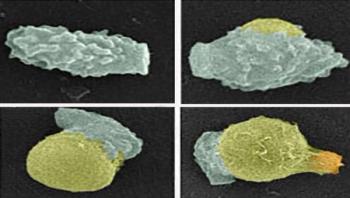
The fungus Cryptococcus causes meningitis, a brain disease that kills about 1 million people each year -- mainly those with impaired immune systems due to AIDS, cancer treatment or an organ transplant. It's difficult to treat because fungi are genetically quite similar to humans, so compounds that affect fungi tend to have toxic side effects for patients. Now, in one of the most detailed studies of how a dormant fungal spore transforms itself into a disease-causing yeast, researchers at the University of Wisconsin-Madison have identified 18 proteins that play a role in spore formation and germination. The findings raises the possibility of preventing the disease by blocking the spores' germination.


In this Pulse, we present various strategies that hospitals can employ to cut costs in their in-house laundry departments. These measures include using newer technologies and going green.
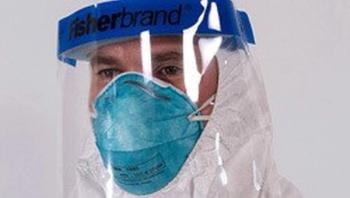



The World Health Organization (WHO) today unveiled a global plan to better integrate water, sanitation and hygiene (WASH) services with four other public health interventions to accelerate progress in eliminating and eradicating neglected tropical diseases (NTDs) by 2020.

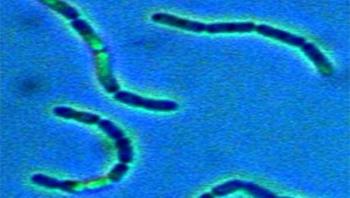
Probiotics show no benefit for preventing or eliminating gastrointestinal colonization with drug-resistant organisms in patients in the intensive care unit compared to standard care, according to new research published online today in Infection Control & Hospital Epidemiology.
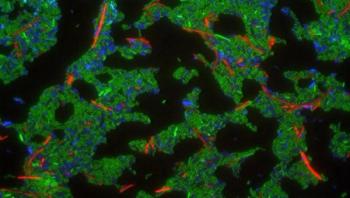
It's bacteria against bacteria, and one of them is going down. Two UC Santa Barbara graduate students have demonstrated how certain microbes exploit proteins in nearby bacteria to deliver toxins and kill them. The mechanisms behind this bacterial warfare, the researchers suggest, could be harnessed to target pathogenic bacteria. Their findings appear in the Proceedings of the National Academy of Sciences.


Since Aug. 3, 2015, the World Health Organization (WHO) has received reports of 77 cases of Middle East respiratory syndrome coronavirus (MERS-CoV) infection.



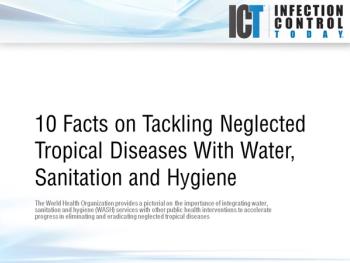
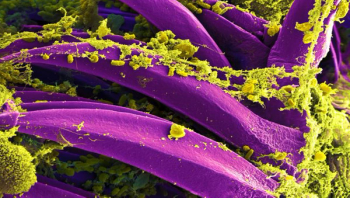
A report in the CDC's Morbidity and Mortality Weekly Report (MMWR) by Natalie Kwit, DVM, and colleagues, explores the 11 cases of human plague that have been reported in residents of six states since April 1, 2015 (Arizona (two), California (one), Colorado (four), Georgia (one), New Mexico (two), and Oregon (one). The two cases in Georgia and California residents have been linked to exposures at or near Yosemite National Park in the southern Sierra Nevada Mountains of California. Nine of the 11 patients were male; median age was 52 years (range = 14–79 years). Three patients aged 16, 52, and 79 years died.



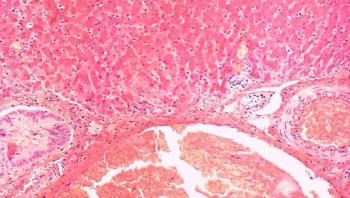
Scientists in the Center for Infection and Immunity at Columbia University's Mailman School of Public Health have discovered a new virus in seals that is the closest known relative of the human hepatitis A virus. The finding provides new clues on the emergence of hepatitis A. The research appears in the July/August issue of mBio, the online open-access journal of the American Society for Microbiology.


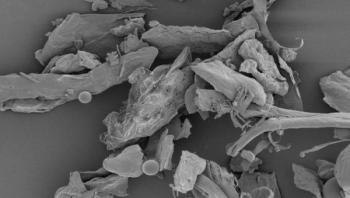
The humble dust collecting in the average American household harbors a teeming menagerie of bacteria and fungi, and as researchers from the University of Colorado Boulder and North Carolina State University have discovered, it may be able to predict not only the geographic region of a given home, but the gender ratio of the occupants and the presence of a pet as well.
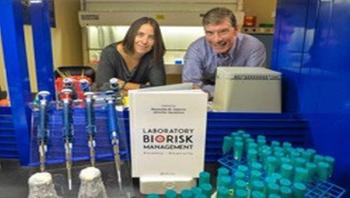
Recent mishaps at laboratories that mishandled potentially dangerous biological substances and the transmission of the Ebola virus in a U.S. hospital are symptoms at bioscience facilities that two Sandia National Laboratories researchers think could be prevented by implementing the practices in a new book on biorisk management.
